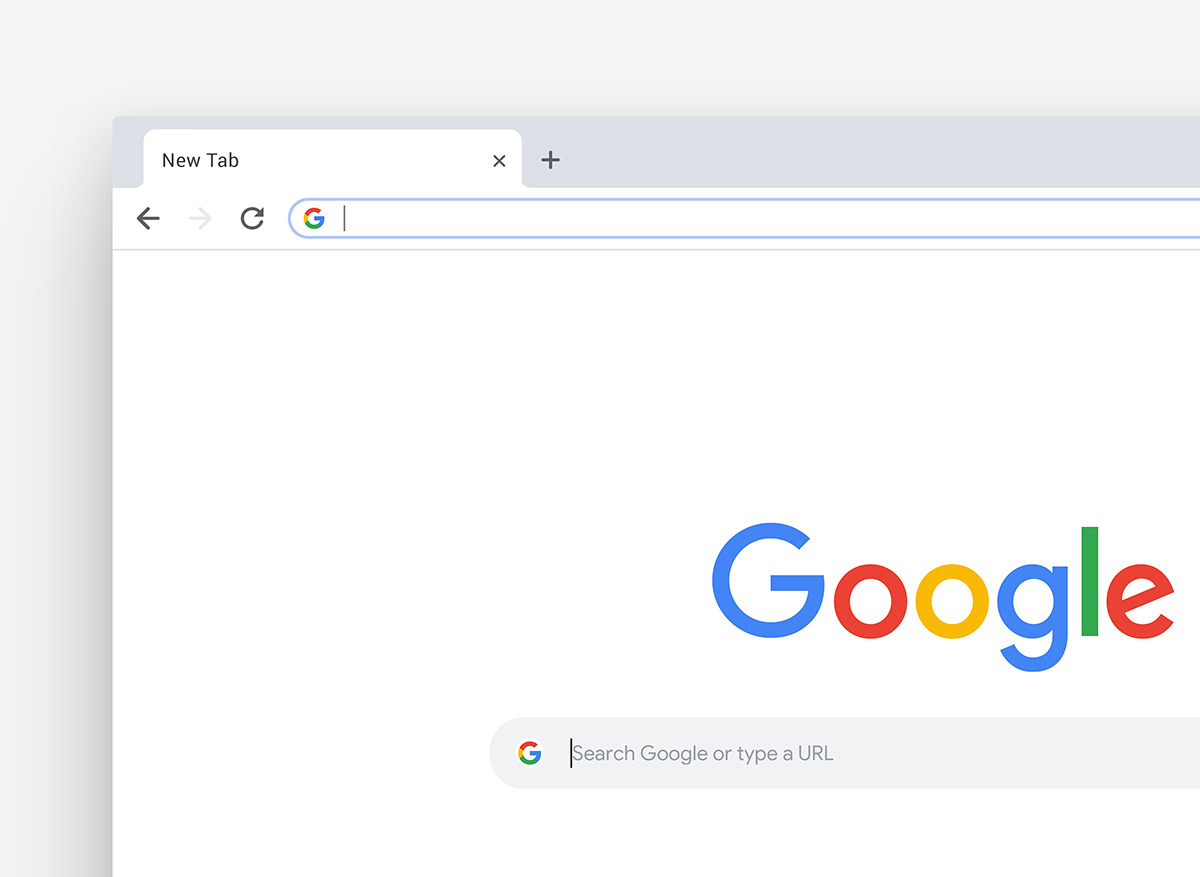Affiliate links on Android Authority may earn us a commission. Learn more.
Google Chrome director: "Everyone is unsatisfied by URLs. They kind of suck."
Published onSeptember 5, 2018

- Speaking with Wired, various members of the Google Chrome team discuss future plans for the URL.
- The Google Chrome team agree that the way URLs currently work is not ideal, and they are working on updating the system.
- How the future of the URL will look is unknown right now, even to the team — but a change is coming.
Various members of the team behind the world’s most popular web browser, Google Chrome, spoke with Wired recently about the future of the platform. In the interview, one thing is made abundantly clear: the URL as we know it has got to go.
Chrome’s director of engineering, Parisa Tabriz, put it very bluntly: “Everyone is unsatisfied by URLs. They kind of suck.”
The team specifically points to how scattered the URL system is, with long strings of nonsense text, confusing protocols, and a general ugliness that seemingly necessitates a total revamp of the URL in general.

However, the team also understands that URLs are an open and sprawling system, and any changes to how things work will be met with scrutiny — and controversy.
Tabriz says, “I don’t know what [an overhaul of URLs] will look like, because it’s an active discussion in the team right now. But I do know that whatever we propose is going to be controversial.” However, just because change will be controversial doesn’t mean that it isn’t necessary, which is what the team is hoping people will eventually come to understand.
The biggest problem with URLs, according to the team, is that they put users at risk since it’s hard to tell if a URL is legitimate or not. Chrome’s engineering manager, Adrienne Porter Felt, summarized the issue as such:
“[URLs] are hard to read, it’s hard to know which part of them is supposed to be trusted, and in general I don’t think URLs are working as a good way to convey site identity. So we want to move toward a place where web identity is understandable by everyone — they know who they’re talking to when they’re using a website and they can reason about whether they can trust them. But this will mean big changes in how and when Chrome displays URLs. We want to challenge how URLs should be displayed and question it as we’re figuring out the right way to convey identity.”
If you’re wondering what Google has in mind when it comes to these sweeping changes, no one really knows, not even the Chrome team. But if Google feels this strongly about URLs, you can bet your bottom dollar that changes are going to come down the pipeline sooner rather than later.
What do you think? Are URLs a problem that needs fixing, or is this a fool’s errand? Let us know in the comments!
NEXT: Chrome celebrates 10 years with great new features in Chrome 69, out now